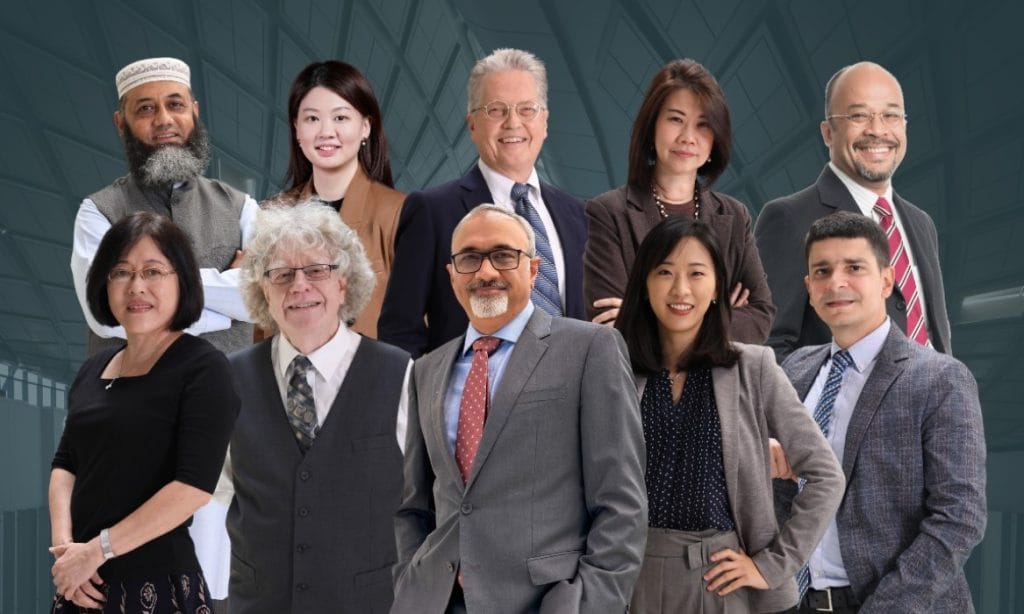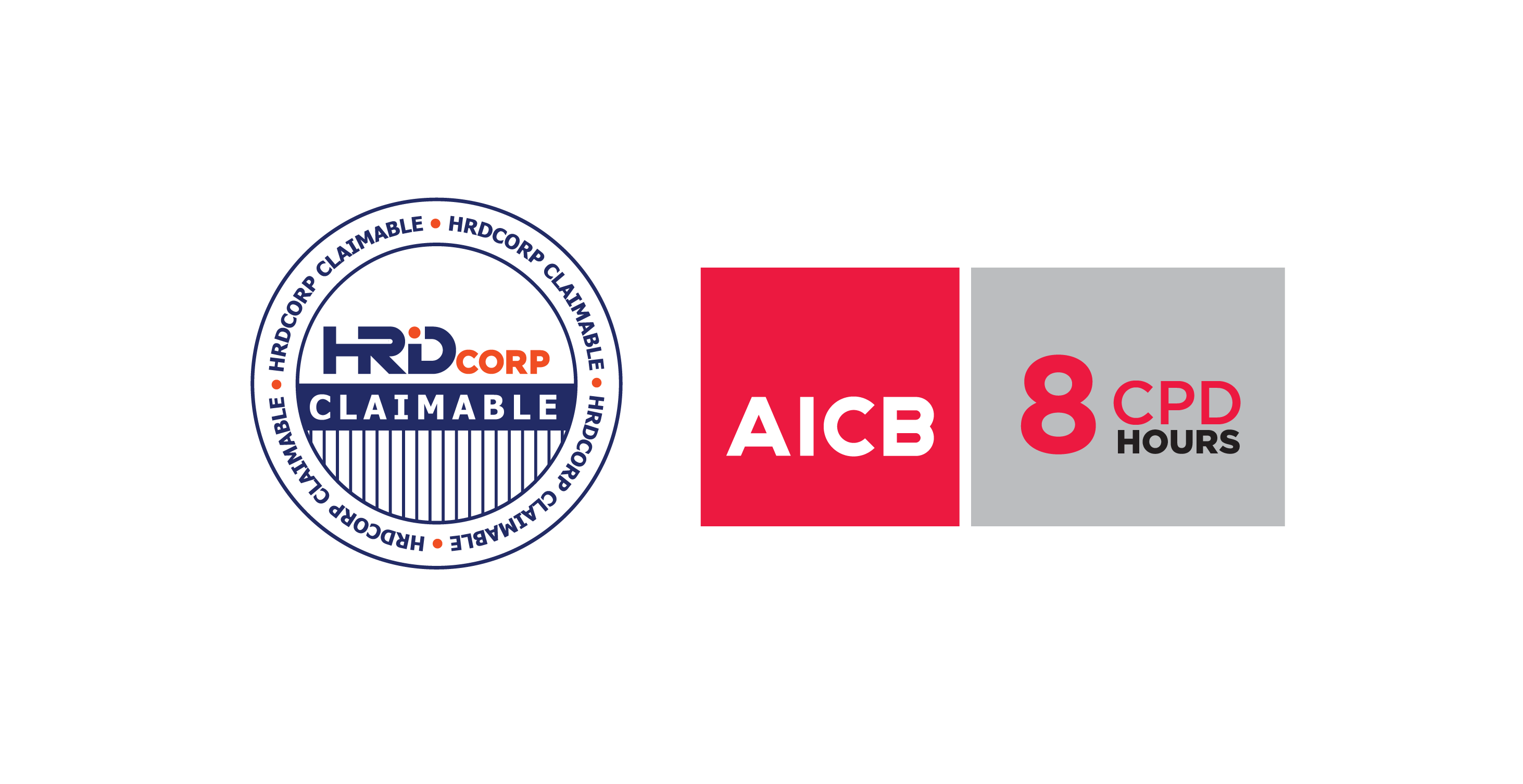- About

Established in 2015 in collaboration with MIT Sloan Management, our vision is to be a global knowledge hub, with regional insights from Asia and the emerging world.
- Faculty & Research

ASB’s research centers conduct impactful research in emerging markets, business strategies, technology, and sustainability. Together, they foster innovation in the business landscape.
- Academics

The ASB curriculum seamlessly integrates MIT Sloan’s rigor with the strategic insights of Asia. With MIT Sloan Immersion and Industry Treks, it immerses future leaders in a diverse range of industries.
- Executive Education


ASB provides executive education programs covering corporate governance, general management, and finance, including the mandatory Financial Institutions Directors’ Education (FIDE) programs.
- Innovation
- Corporate

ASB excels through dynamic collaborations, addressing business challenges with innovation, built on robust partnerships.
Managing Culture to Prevent Misconduct
(Registration Closed)
Managing Culture to Prevent Misconduct
(Registration Closed)
28 February 2024
Date
9am - 5pm
Time
RM 2,500
Program Fee
Hybrid
Format
28 February 2024
Date
9am - 5pm
Time
RM2,500.00
Program Fee
Hybrid
Format
Many organizations enact codes and provide training and assessments to improve unethical conduct among their employees. While these steps are necessary, they may be insufficient and even counterproductive, unless the organization is prepared to deep-dive into the behavior of its employees, to find out whether they truly believe that ethical behavior is appreciated and rewarded.
In order to do so, the organization must be able to identify destructive power imbalances in employee relationships resulting in workplace bullying, harassment, and favoritism, and assess whether these have been adequately addressed, as this has a direct bearing whether misconduct is reported.
In this workshop, participants will learn to recognize indicators of poor ethical culture in their organization. They will also through case studies and discussions, learn how to identify destructive power imbalances in employee relationships, and how this can be addressed. They will also be exposed to various accountability mechanisms that can be used to increase ethical behavior in the organization, and reduce the risk of misconduct.

- Understand that how the organization deals with misconduct impacts its culture
- Recognize indicators of poor behavior among employees
- Analyze the impact of destructive employee relationships on the organization’s business
- Apply performance management and assessment tools to underpin good behavior among employees
- Board of Directors
- Senior Management
- Compliance Officers

Elsa Satkunasingam
Faculty Profile
Dr Elsa Satkunasingam is a Senior Business Development Adviser Corporate Governance at Iclif Executive Education Center at Asia School of Business. She conducts training programs and carries out research in corporate governance. She was formerly the Deputy General Manager, Corporate Secretariat Division at the Malaysia Deposit Insurance Corporation specializing in research and training on corporate governance and compliance.
She was also the head of the Corporate Governance Department at the Malaysian Stock Exchange and was involved in the development of the 2nd edition of the Corporate Governance Guide, the Sustainability Reporting Guide and Toolkits and the AGM Guide for Listed Companies. She also reviewed governance disclosures in annual reports of listed issuers which resulted in each company receiving an individual report of their disclosures and areas for improvement.
Connect with us to start
Managing Culture to Prevent Misconduct
(Registration Closed)
RM 2,500
